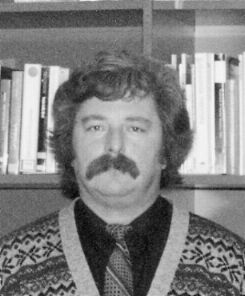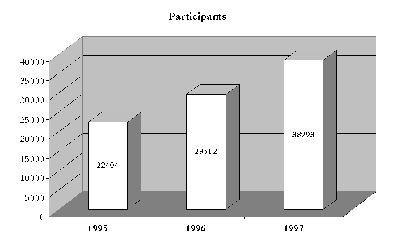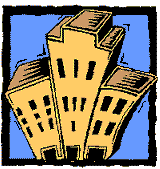Latest developments in Estonian adult education.
 By
Ivo Eesmaa
By
Ivo Eesmaa
Chairman of the board, The Estonian Popular Education League
Changes in legislation
The mayor changes, which take an effect in the field of adult education, have been made in tax legislation. In 1997 the Estonian Parliament (Riigikogu) passed a law according to which there were made some very important changes in the income tax law:
- Since 01.01.1998 the person has right to deduct from the taxable income all vouched costs connected with learning in public schools, private schools with a license or in public universities.
- And one can deduct the corresponding costs on one’s under 26 years dependant, too.
- Since the date mentioned above is allowed from the entrepreneurial income to deduct the vouched costs on the training and retraining of the employees.
In June 1998 the Parliament passed a law according to which changes were made in the Adult Education Act. The most important of them:
- In Estonia we had an Adult Education Council established by the Minister of Education, which was an advisory body for the minister. According to the new law we have a National Adult Education Council established by the Government of Estonia. Members of the Council are different ministers and the other officials from the governmental level. In the Council there are represented the adult education umbrella organisations ANDRAS and the Estonian Popular Education League. The Council is lead by the Minister of Education. The main task of the Council is the co-ordination of all adult education activities in all fields – adult formal education, professional education and popular education.
- According to new law the adult education institutions, which apply for the support from state, have to have a license to educate the adults.
- There were made some other changes concerning the educational leave and division of responsibilities between the state, local communities and employees.
The number of learners in popular education is growing.
The number of participants (Fig 1) in different adult popular education activities in last three years has been constantly increasing.
As we see, the state support (since 1995, the first year of getting it) to the adult popular education organisations has had a very strong and positive influence.
Figure 1.

The fields of activities.
The most popular activities are connected with national identity and personal skills – the most important in a transition period.
Contact address
Estonian Popular Education League
Ivo Eesmaa
J.Vilmsi 55, EE-0001 Tallinn, Estonia
tel. +372-6-410754
e-mail: vhl@ngonet.ee
